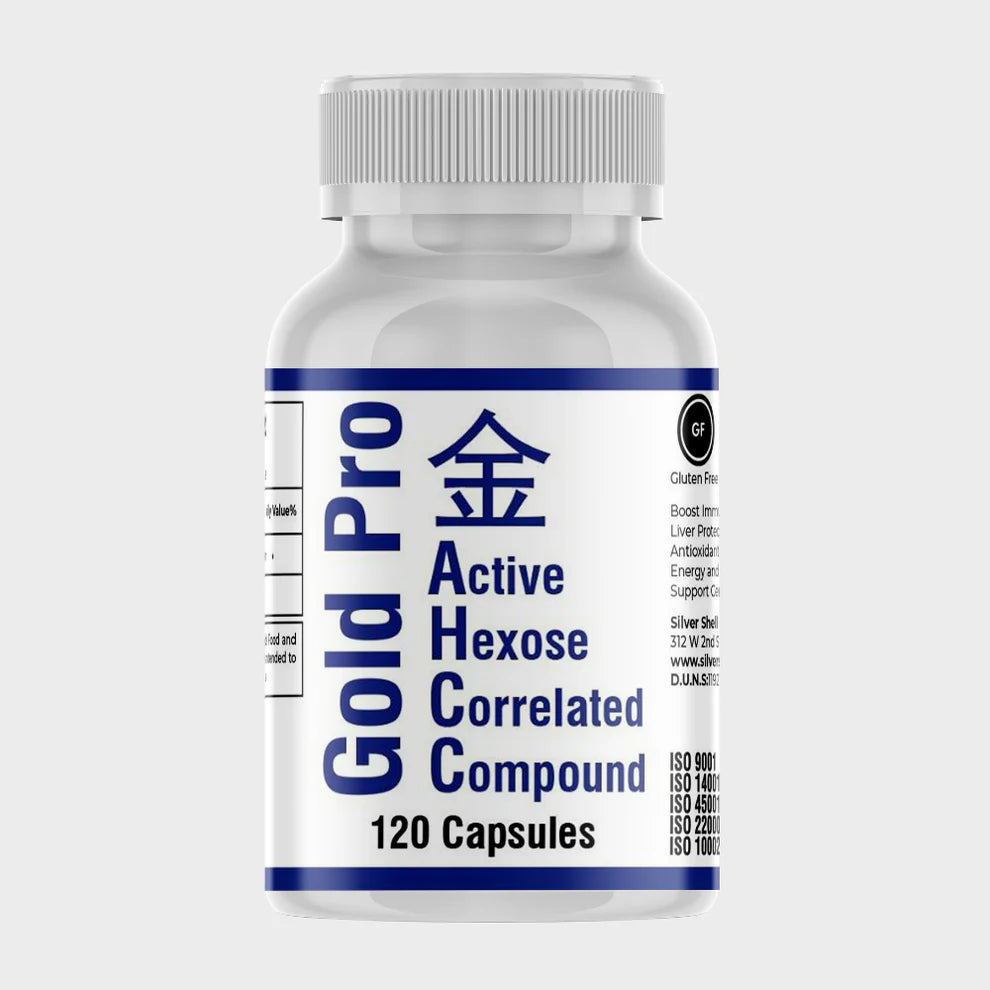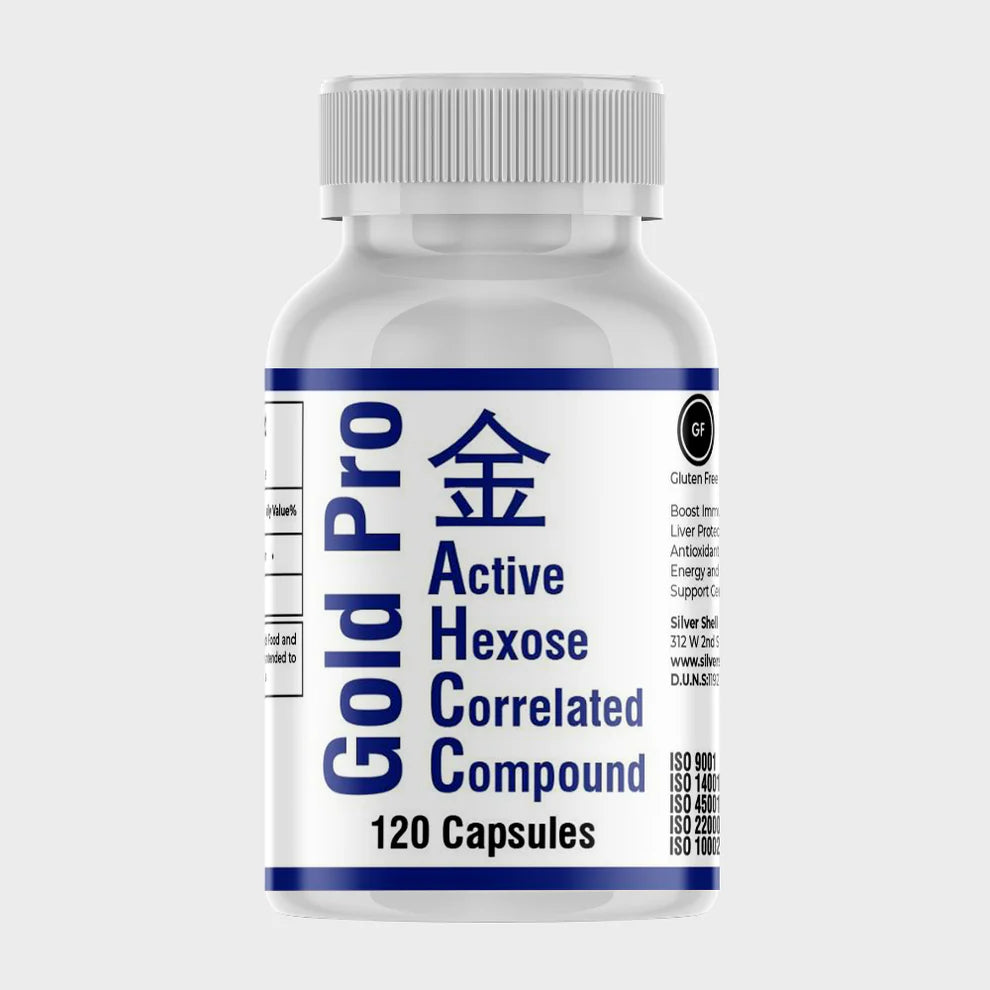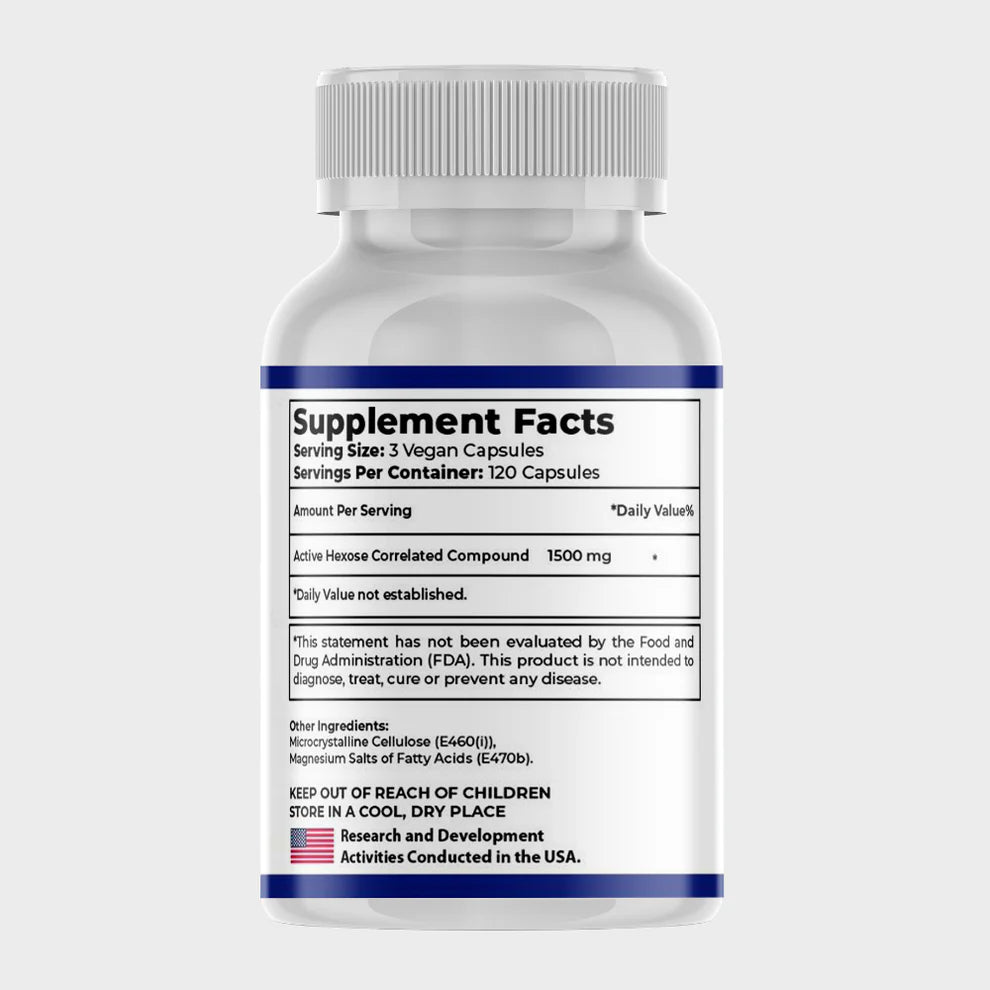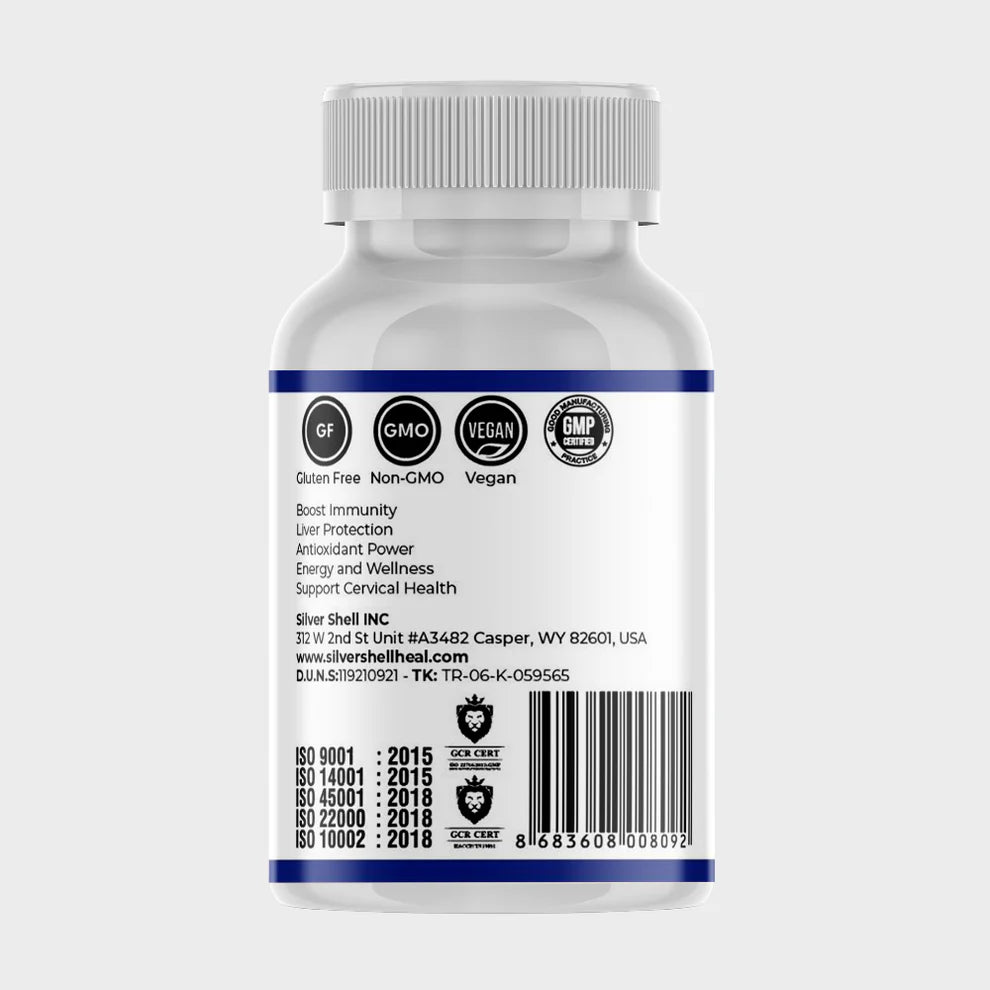Cervical cancer, primarily caused by HPV, affects thousands of women globally each year. In the United States alone, around 14,100 women are expected to be diagnosed in 2022. However, the HPV vaccine has significantly reduced the incidence of cervical cancer. Despite this, about 4,300 deaths still occur annually in the U.S. from cervical cancer.
Most HPV infections do not lead to cancer, as many strains can be managed naturally through immune system support and promoting viral clearance. High-risk HPV strains include 16, 18, 31, 33, 35, 39, 45, 51, 52, 56, 58, 66, and 68, with HPV 16 and 18 being the most common culprits in cancer cases.
What to Do After an Abnormal Pap Smear
A Pap smear involves collecting cells from the cervix to check for abnormalities. Early detection allows for timely interventions, potentially preventing severe disease. If your Pap smear results are abnormal, consult with your doctor to discuss your next steps. These may include more frequent testing or other preventive measures. Conventional advice often suggests a “watch and wait” approach, but there are proactive steps you can take.
Embrace a Holistic Approach
HPV is one of the most common sexually transmitted infections, affecting 80% of sexually active individuals at some point. An abnormal Pap smear is not unusual, and many HPV infections resolve on their own. Here’s a comprehensive plan to manage your health post-diagnosis.
-
Stay Informed and Proactive:
- Discuss your results and follow-up plan with your doctor.
- Understand the strains of HPV and your specific risks.
-
Adopt a Healthy Lifestyle:
-
Regular Exercise: Find activities you enjoy to ensure consistency. Whether it's walking, swimming, hiking, or any other form of exercise, staying active boosts your immune system.
-
Nutritious Diet: Consume a variety of colorful fruits and vegetables rich in carotenoids, sulforaphane, folate, vitamin C, and selenium. These nutrients enhance immunity and support HPV clearance. Limit intake of sugars and starches while focusing on anti-inflammatory and antioxidant-rich foods.
-
Stress Management: Stress can weaken the immune system. Practice mindfulness, seek talk therapy, surround yourself with supportive friends, ensure adequate sleep, and spend time in nature. Techniques like acupuncture and massage can also help reduce stress.
-
Regular Exercise: Find activities you enjoy to ensure consistency. Whether it's walking, swimming, hiking, or any other form of exercise, staying active boosts your immune system.
-
Regular Screenings:
- Follow the screening guidelines in your country and work with your healthcare provider to create a personalized plan.
- Regular screenings help in early detection and timely intervention, significantly reducing the risk of cervical complications.
-
Strengthen Your Immune System:
- A robust immune system can naturally suppress and manage HPV. Besides diet and exercise, consider supplements like vitamins C, E, and D, zinc, and probiotics after consulting with your healthcare provider.
-
Use AHCC (Active Hexose Correlated Compound): AHCC is a natural supplement derived from medicinal mushrooms that has shown promise in supporting immune health and promoting HPV clearance. Discuss with your healthcare provider if AHCC is suitable for you.
- A robust immune system can naturally suppress and manage HPV. Besides diet and exercise, consider supplements like vitamins C, E, and D, zinc, and probiotics after consulting with your healthcare provider.
-
Educate and Empower Yourself:
- Stay informed about HPV and cervical health. Knowledge empowers you to make informed decisions and take proactive steps in managing your health.
Conclusion
Abnormal Pap smears are common and often resolve without severe complications. By adopting a proactive approach through lifestyle changes, regular medical consultations, and stress management, you can effectively manage HPV and maintain your cervical health. Remember, you are not alone, and with the right strategies, you can navigate this journey with confidence and peace of mind.







